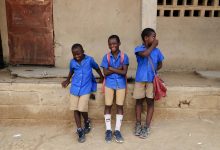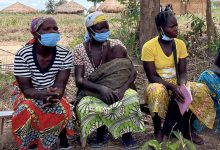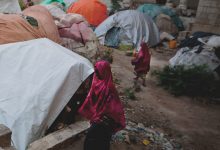Guterres asks for immediate cessation of hostilities in Ethiopia
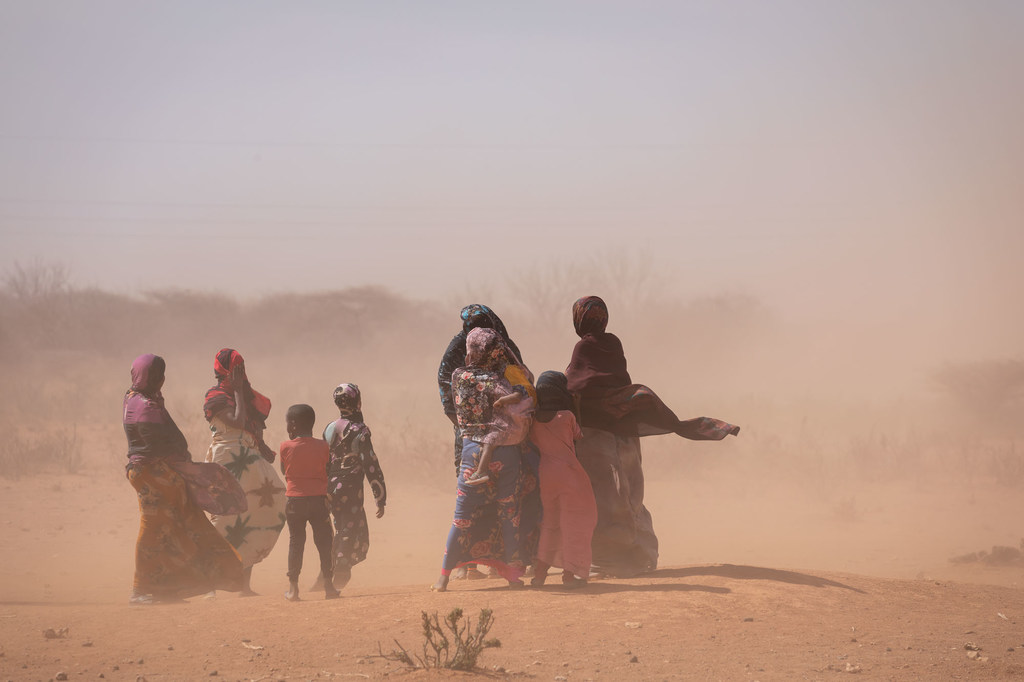 The United Nations’ Secretary-General on Tuesday made the “strongest possible appeal” for all parties in Ethiopia to immediately end the fighting in Tigray and other areas, in the spirit of the General Assembly’s Olympic Truce which began just a few days ago.
The United Nations’ Secretary-General on Tuesday made the “strongest possible appeal” for all parties in Ethiopia to immediately end the fighting in Tigray and other areas, in the spirit of the General Assembly’s Olympic Truce which began just a few days ago.
Speaking to journalists in New York, António Guterres said that it would allow for effective humanitarian access and relief to all affected populations throughout Ethiopia.
“And these actions will help pave the way to a much-needed inclusive national dialogue involving all Ethiopians”, he added, noting that “the people of Ethiopia continue to suffer greatly from ongoing conflict and bloodshed.”
As the UN chief prepares to leave for the Winter Olympics, he reiterated his appeal to all parties to follow the finest tradition of the Olympic spirit to save lives, overcome differences and find the path to real peace.
“For millennia, the tradition of the Olympic Truce has called on all parties, everywhere, to stop hostilities throughout the course of the Games”, he noted.
Families on the brink
At the same time, arelentless drought in Ethiopia will leave more than 6.8 million people in need of urgent humanitarian assistance by mid-March, informedthe United Nations Children’s Fund (UNICEF).
Three consecutive failed rainy seasons have brought on severe drought in thelowland regions of Afar, Oromia, Southern Nations, Nationalities, and Peoples’ (SNNPR), as well as in Somali.
As a result, water wells have dried up, killing livestock and crops, and pushing hundreds of thousands of children and their families to the brink.
For the UNICEF country Representative, Gianfranco Rotigliano, the impact is devastating.
“Children and their families are struggling to survive due to loss of livelihoods and livestock”, he said, while also noting “major displacement” out of the affected areas.
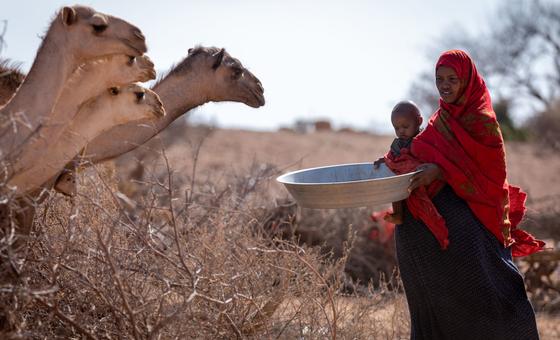
A woman feeds her livestock in the Somali region of Ethiopia., by © UNICEF/Mulugeta Ayene
Malnutrition growing
In the most severely impacted regions away from the fighting in the north, there is a significant lack of clean water and food security is deteriorating rapidly.
In Oromia and Somali, for example, around 225,000 malnourished children and over 100,000 pregnant and breastfeeding women need urgent nutrition support.
“If children are forced to drink contaminated water, it puts them at risk to various diseases, including diarrhea, which is a major cause of deaths among children under five”, said Mr. Rotigliano.
To date, some 4.4 million people are facing critical water shortages in Oromia and Somali.
Projecting forward
From conflict and drought to an economic downturn, this year will see an estimated 850,000 children severely malnourished across the four regions.
Drought is also forcing youth to miss out on an education.
Over 155,000 children in Somali and Oromia have dropped out of school so they can help fetch water – often travelling long distances – or look after other children while caregivers try to find water for their families and cattle.
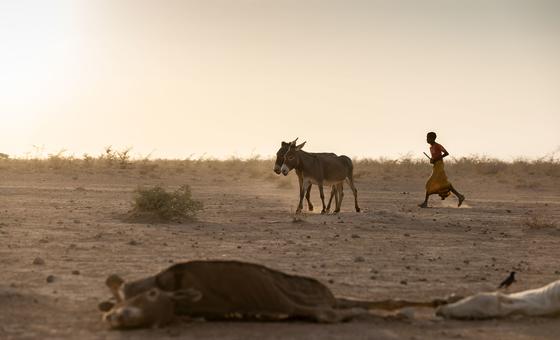
A boy leads his donkeys home in a drought affected area in south east Ethiopia., by © UNICEF/Mulugeta Ayene
According to UNICEF, children who are out of school are at risk of exploitation or are being pushed into dangerous coping mechanisms.
Response
In response, the agency is providing life-saving assistance, in close coordination with the local authorities.
This includes the rehabilitation of boreholes and water schemes, emergency water trucking, treatment of severely malnourished children and providing emergency education and child protection support.
UNICEF’s drought response appeal is $31 million, in addition to the overall humanitarian appeal of $351 million.
The funding would target more than two million vulnerable people in Afar, Oromia, SNNPR and Somali regions.

